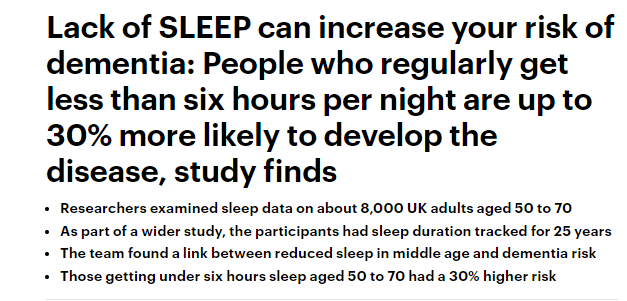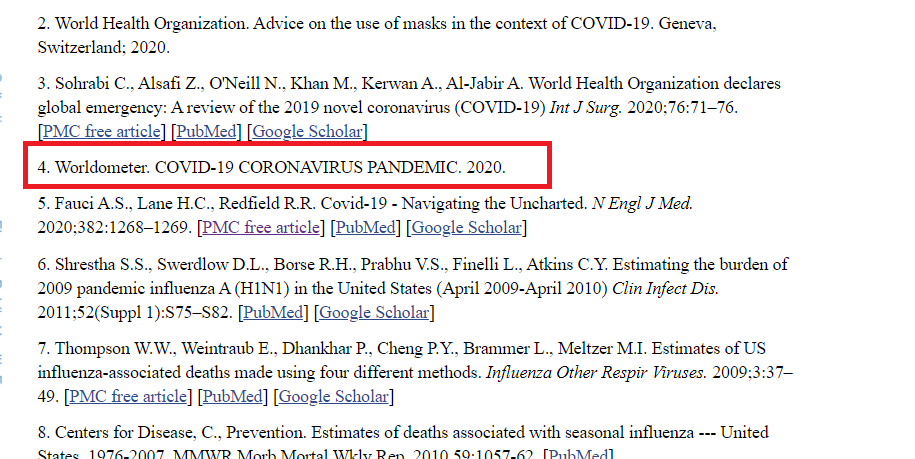
2021 will hopefully be the year that the armchair epidemiologists stop being wrong about infectious disease, excess mortality, etc, and move on to being wrong about something else
Maybe economics?
Maybe economics?
To clarify, because of course I need to (sigh) this is a joke about the twitter randoms who have deemed themselves experts not a critique of interdisciplinary work
I'm currently working on a paper with 3 economists, an immunologist, a demographer, and 2 statisticians on COVID-19. Non-epis have great and valuable insight!
But the massive wave of people who have been posting random graphs they made themselves from unreferenced data...those will hopefully move on
• • •
Missing some Tweet in this thread? You can try to
force a refresh









